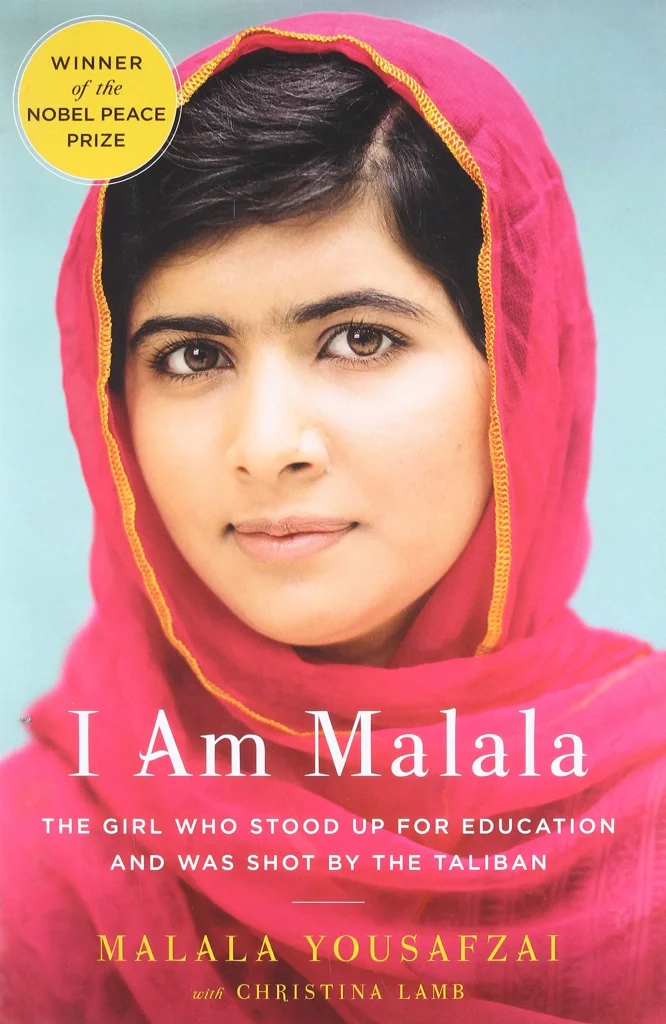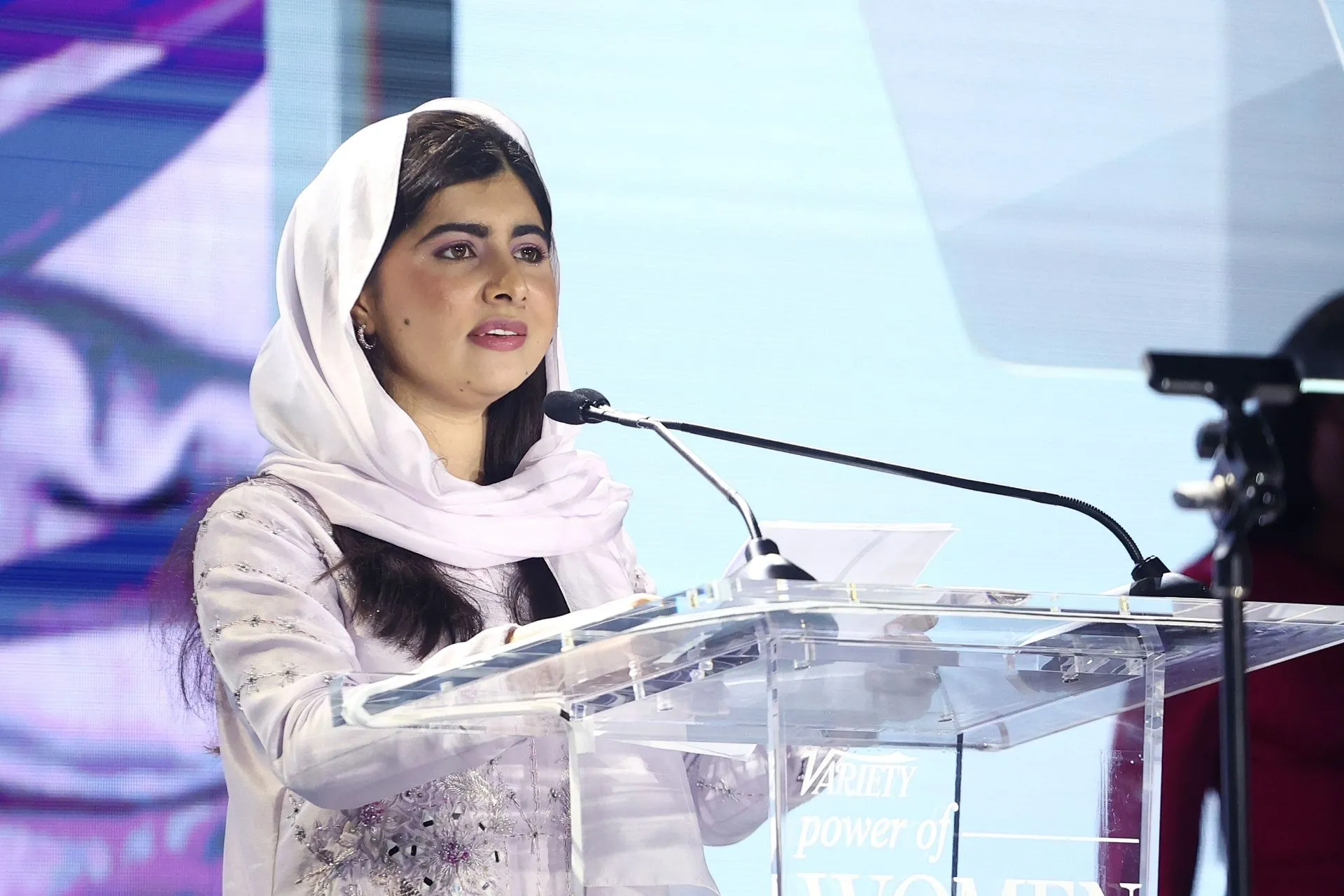After the invasion of Afghanistan, the Taliban imposed Sharia law nation-wide. This has been a point of discussion in international circles. One of the problematic issues being addressed by the United Nations is the Taliban’s refusal to allow girls to attend school despite their previous assurances that girls will be allowed an education. It is a sorry state of affairs when one tries to peep into women’s living conditions and futures under the Taliban regime. One is compelled to think about the ordeal of these women under the aegis of the Taliban. The story of Malala shows us what women’s and girls’ lives may become in Afghanistan by giving us a peek into the life of a little girl who was shot brutally by the Taliban for standing up for women’s education in Pakistan.

I am Malala is the autobiography of Malala Yousafzai, co-authored by Christina Lamb, the youngest person ever to have been nominated for the Nobel Peace Prize (which she won in 2014). The book tells the world the story of her struggle and commitment to education. This autobiography can be divided into two emphases. The first emphasis recounts the events that led to that dreadful day when Malala was shot point-blank. The second emphasis reflects on the aftermath of the event when she and her family had to pick up the debris from the damage that was done.
The story starts with Malala’s humble beginnings in the Swat valley, situated in the north of Pakistan. Her unprecedented interest in studies gained her the status of a girl whom people admired. However, the situation in Pakistan was strongly antagonistic to a woman pursuing her dream through education. This antagonism was unmistakeable, especially from the Taliban which played a significant role in subjugating women to Sharia law and banning them from any form of education. Malala narrates how this antagonism led to the killing of many people and the bombing of many schools. Despite this violence, her father played a significant role in elevating girls’ and women’s status. In the face of opposition from both the society and the Taliban, he opened a school where equal education opportunities were given for boys and girls.
Threats and active persecution should not deter our determination to follow Him and serve the underprivileged, even when facing death.
Malala narrates how the political scenario disrupted the progress in education. After their war with the Russians in Afghanistan, the Taliban’s influence and terror were evident among the people in the valley of Swat. Although negotiations were often made with the government, there was no stable execution on the improvement of the education of women. In the meantime, Malala and her father gave many interviews and spread awareness of education. Malala spoke at the UN, promoting awareness for educating women and the underprivileged.
The international recognition Malala received for her fight for education did not go down well with the Taliban. On a dreadful Tuesday, 9 October 2012, when Malala and her classmates were returning home from school in a van after taking their exams, two armed men stopped their vehicle and asked, “Who is Malala?”As her friends looked at her, the man pulled out a Colt 45 and fired three bullets; the first went through her left eye socket and came out under her left shoulder, while the other two hit the girls next to her. (The two friends who were also shot were treated locally with good physical recoveries; however, their families were later threatened by the Taliban.)
In the aftermath the family had to endure an ordeal to save their daughter from dying. Malala needed immediate medical attention and surgery; she was flown to England as her condition deteriorated. With the selfless help of many able doctors, nurses and dignitaries, Malala gained consciousness again and was reunited with her family. She was visited by many known leaders and figures who came to show their concern for the unfortunate event. Malala continues to further the cause of education for women and the underprivileged. Her story inspires many who want to stand for their God-given rights.
Malala Yousafzai is not a Christian. However I am Malala is not only a good recommendation for people in general, but an inspiration and encouragement for us Christians who are promised hardships and persecution for following Christ. Threats and active persecution should not deter our determination to follow Him and serve the underprivileged, even when facing death. Christ said, “…do not fear those who kill the body but cannot kill the soul. Rather fear him who can destroy both soul and body in hell.” (Mat 10:28 ESV).





